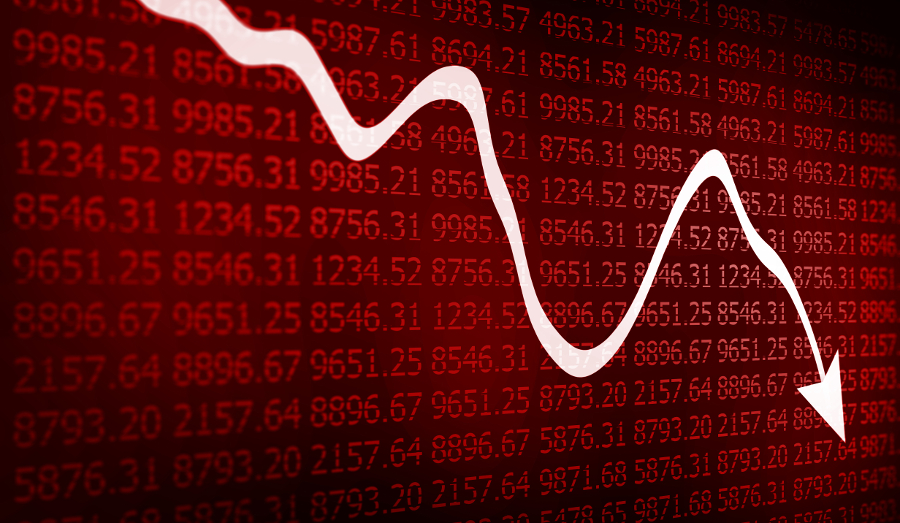The Centers for Disease Control and Prevention (CDC) is now reporting that the coronavirus first detected in Wuhan City, Hubei Province, China, has now spread to “57 locations internationally,” including in the United States. The Trump administration has officially declared a public health emergency (PHE) and has established a Task Force led by Vice President Mike Pence, which includes Health and Human Services Secretary Alex Azar, Treasury Secretary Steve Mnuchin, US Surgeon General Jerome M. Adams, and White House economic adviser Larry Kudlow.
Although the US has only suffered two deaths due to the new virus, the first confirmed case of unknown origin was onfirmed Friday, February 28. The growing public fear due to recent developments in the US caused the stock market to dive into “correction territory – at the fastest rate ever recorded, suffering its worst losses since the 2008 financial crisis” on Friday.
According to CNBC, the S&P 500 index lost $3.5 trillion in value from its February 19 high, and the Dow Jones Industrial Average lost over 3,500 points last week.
In response to the market panic, the Federal Reserve has said that it was monitoring the latest developments and pledged to “act as appropriate” to maintain stability in US markets. According to Yahoo Finance, big banks are betting on a rate cut in March due to the coronavirus correction. Still, other experts speculate that “markets will start freezing up even if the Fed cuts rates.”
Trump administration officials appear confident that the virus is unlikely to have a major long-term impact on the economy. Larry Kudlow urged investors not to “rule out more optimistic options,” saying that the US will likely emerge largely unscathed from the virus. Treasury Secretary Steve Mnuchin also recently stated that he is confident so far that the disease will not negatively impact Phase 1 of the US-China trade deal talks.
This article was originally posted on Red Tea News.





